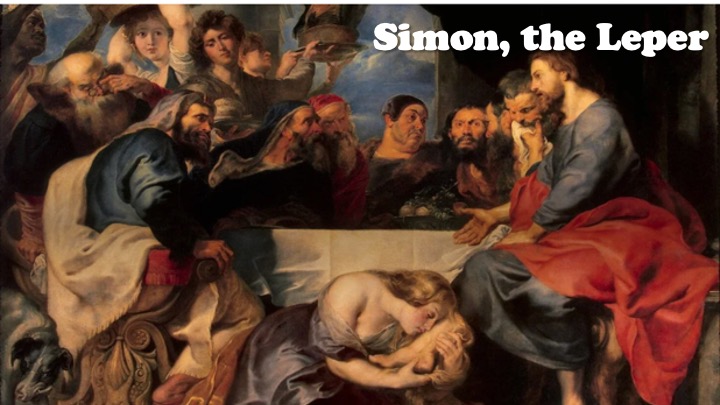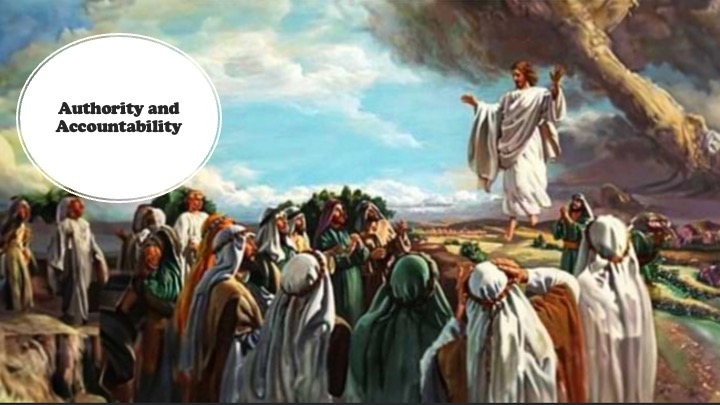Jeremiah and Jesus, separated by centuries, both champion justice and ethical living. Jeremiah, a prophet amidst Judah's moral decline, paints a picture of society riddled with greed, exploitation, and indifference, especially towards the vulnerable. He condemns the emptiness of religious rituals devoid of true heart change, highlighting the gap between outward piety and inner corruption. His fiery words call for true worship in the form of compassion and justice.
A thousand years later, Jesus walks as a gentle king with a fiery heart, embracing the marginalized and critiquing the hypocrisy and injustice of religious leaders. Both Jeremiah and Jesus call for ethical living, protection for the marginalized, and a society where justice and compassion outweigh wealth and privilege. They emphasize internal transformation over external rituals, urging a life of love and justice.
Their messages resonate in contemporary struggles with superficial religiosity, social injustice, and self-deception. They challenge us to listen to the marginalized, examine our actions, and act against injustice. Their calls for righteousness, compassion, and ethical living remind us that faith is a call to action, demanding a commitment to building a world anchored in justice and love.

We continue with “Perspectives on Easter” – our series focused on the people who played both major and minor roles in the Easter narrative,...

What does the Bible say about women? We share 10 passages of Scripture that give us some answers to this question. These scriptures are...

The authority to act in God’s name is a delegated power, not an independent right. As seen in the Great Commission, Jesus emphasizes that...